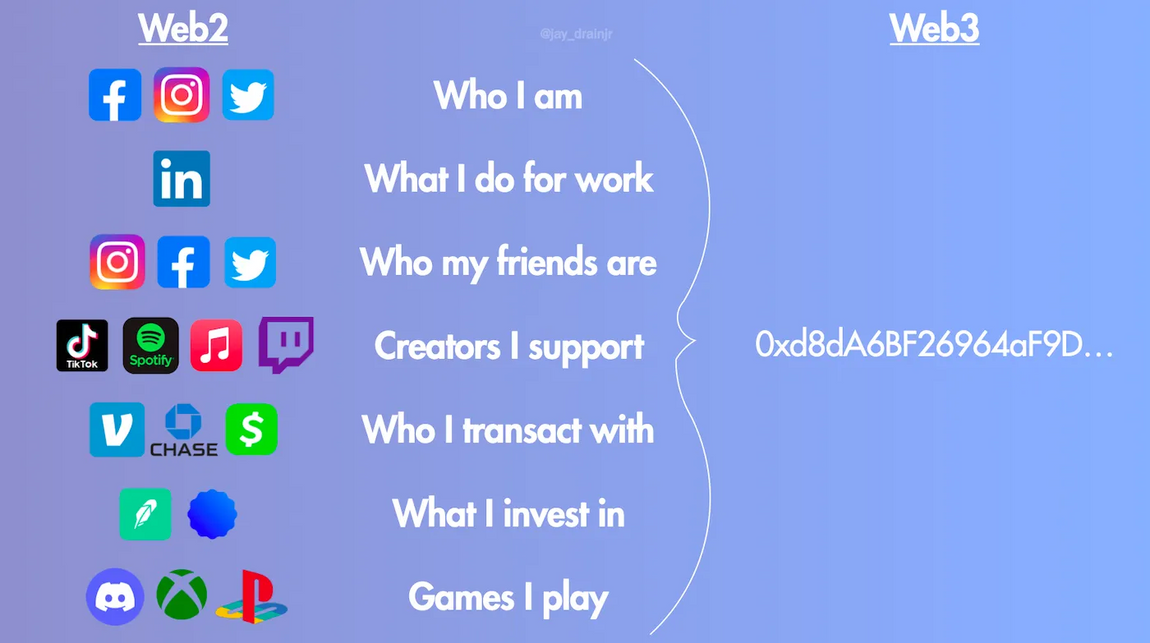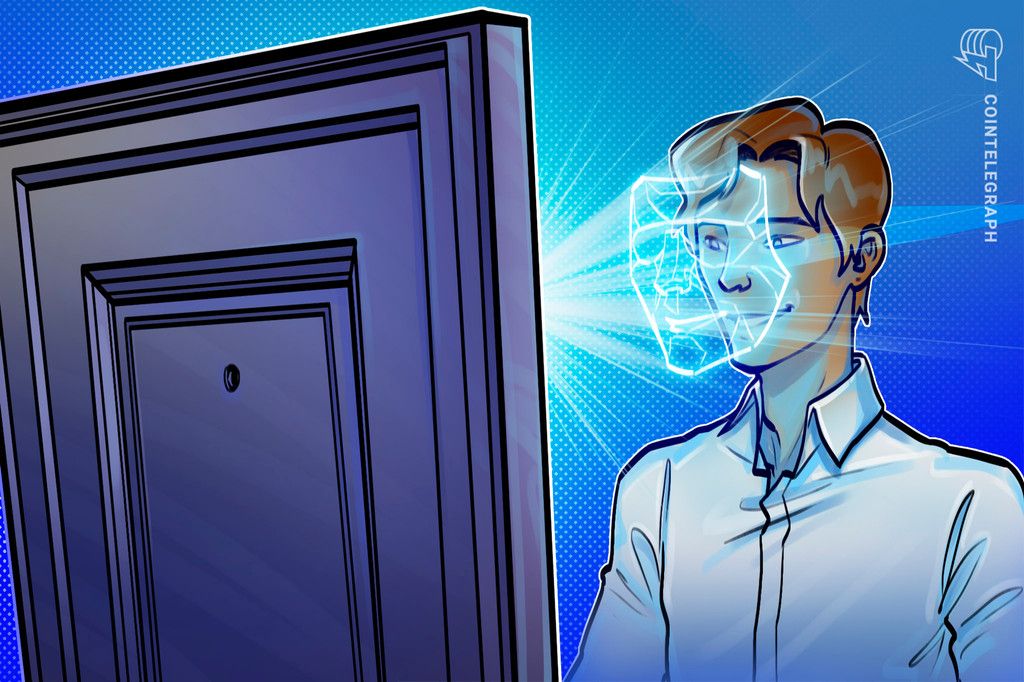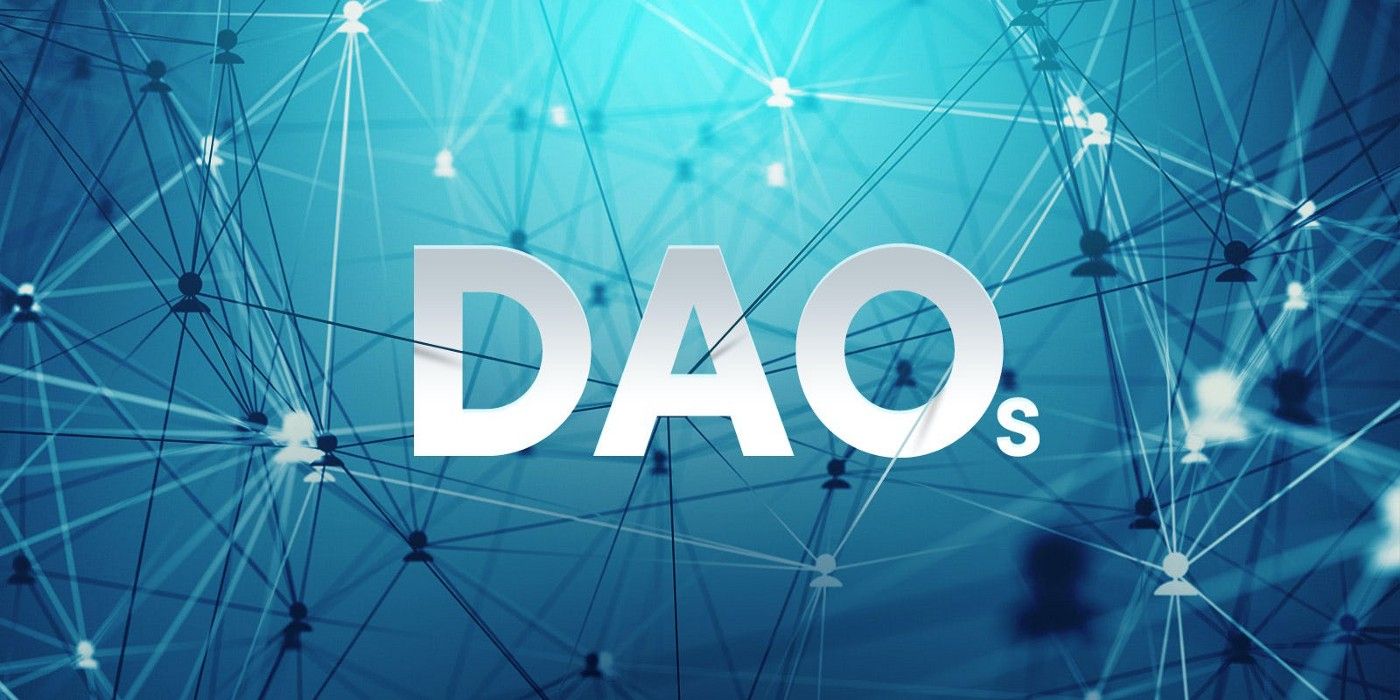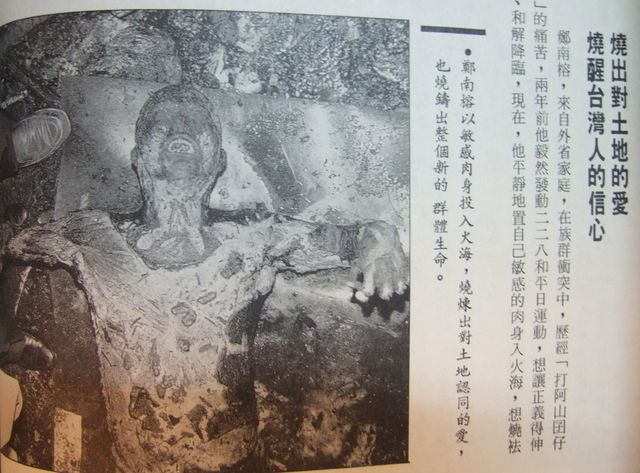
Web3、AI、人文歷史、女性主義、哲學、全部包起來的人。 ⚡鏈閃 BD/小編 ,創了一個讀 bar,可以進來一起玩! 與我相關:https://linktr.ee/jeffrey0102
On-chain sovereignty return, what is DAO? ──A brief discussion from a social perspective
Cover image source: Block Guest
Decentralized Identity DID (Decentralized Identity)
References:
● Blockchain and identity autonomy|Understanding the concept and mechanism of "Decentralized Identity DID" / Kevin Li Yankuan
● Decentralized Identity (DID): Reconstructing Web3 Social Model / DODO Research Institute ● What is decentralized identity in blockchain? / Cointelegraph
1. Who is "I"?
In the real world, the identity of "I" is given and shaped by society. How others perceive me, and how I shape my behavior in response to society's eyes, creates the concept of "I".
In the online world, the identity of "I" is formed by platforms and interactions , that is, the sum of all my behavior patterns in the online world shapes the identity of "I" in the online world. However, due to the separation of different platforms and different projects, they cannot communicate with each other. Therefore, the identity of "I" is broken and is also monopolized by the platform. (“I” have no way of choosing how I want to appear.)
In the web3 world, the identity of "I" can be traced and at the same time can be chosen. Through the technology of the blockchain, the sum of the behaviors of the online world is connected in series.

Second, the current problem of identity authentication
- Repeat verification . For example, opening different banks requires repeating similar procedures and providing similar identification; government identification such as ID cards and health insurance cards also have the same predicament.
- The complexity of data changes . Following the context of the previous problem, if the data needs to be changed, there will be a dilemma of "one hair and the whole body", and it even needs to be changed continuously.
- Questions about personal information . The current identity authentication is often required to provide relevant personal information, but we cannot clearly identify how these personal information is used, and why these personal information are needed, there is some vague operational space in the middle.
- The status of refugees and low-end population cannot be claimed. Some people at the bottom of society or in social corners cannot successfully obtain relevant identity authentication in society.
3. Self-sovereign identity SSI (self-sovereign identity)
SSI is a concept that utilizes decentralized storage of information. Users can completely own their own information, and decide through their own choices to share their information with those organizations, and even decide how long to share. Achieving the above vision requires three oriented technologies: blockchain, verifiable credentials (VC), and decentralized identity (DID)
The vision of SSI or DID is to try to solve the above problems, and advocates to return the ownership of personal information to users, so that people can protect sensitive information through encryption technology and biometric technology. Finally, the vision of "returning rights (information ownership) to the people" is achieved.
4. DID and operation
DID is a self-owned, independent (network) identity that can exchange information with each other. It is also a decentralized identity management, including people's identity information and management and access management methods.
In this way, users no longer have to store their identities in third-party platforms or databases, and at the same time, when using these data, they can accurately extract information without having to provide redundant personal information.
For example:
If the user wants to obtain a college degree on the blockchain, it will be certified by the company when applying for a job. The university side registers the diploma certificate on the user's DID through the private key, and when the company needs to access or authenticate the user's university diploma, the user only needs to give the company's university diploma information, and does not need to provide other information. "relevant information.
If a user wants to carry out lending services in the online world, how to verify their credit? DeFi projects will be able to launch a credit scoring system in conjunction with DID, and preliminarily evaluate the user's credit foundation by querying the DID's previous repayment records. During the borrowing process, DID can also be used to record the flow of funds. Afterwards, if there is no repayment or a violation occurs, it can also be recorded on the DID, which will affect subsequent loan services accordingly.
Due to the characteristics and operation logic of the blockchain, this authentication process can use personal information quickly and accurately. In addition to university diplomas, DID can also be used in transnational vaccine passports, refugee status, etc., where there is no way to find a single authority for identification.

V. Disadvantages & Dilemmas
- Bad user experience. In the process of verification and authentication, the user needs to constantly sign the private key.
- Even though blockchain technology brings the convenience of identity authentication, the confusion of identity data still exists, including the repetition, confusion and various uncertainties of identity. These issues also need to be further clarified and resolved.
- Although DID has a certain degree of influence on DeFi, it cannot solve the problem of off-chain trust after all.
- promotion issues. Governments and institutions are currently thinking about how to deploy these decentralized identities and related management technologies on a large scale, especially since most people have not even heard of blockchain.
- Global standards are established. Whether there is a need to establish a global set of identity management standards or identity verification standards remains an area of ongoing discussion.
Decentralized Autonomous Organization DAO (Decentralized Autonomous Organization)

1. What is "DAO"?
Let's start by looking at how various institutions define DAOs:
Ethereum :
A DAO is a collectively owned , community-governed organization with a common mission. DAOs also allow like-minded people to work together across national and geographical restrictions. There is no need for a CEO or a CFO to dictate the direction of the community. At the same time, through the writing of code, it defines how the community operates and how the funds are used. No specific individual has access to the community treasury, decisions must be proposed and voted on, and everything should happen transparently on-chain.
Wiki:
Sometimes referred to as a Decentralized Autonomous Corporation ( DAC ), it is an organization embodied in open and transparent computer code that is controlled by shareholders and not influenced by the central government . The financial transaction records and program rules of a decentralized autonomous organization are stored in the blockchain . The exact legal status of DAOs is currently unclear.
Binance:
DAO stands for Decentralized Autonomous Organization. Simply put, a DAO is an organization governed by computer code and programs. Therefore, it can operate autonomously without the intervention of a central authority.
DAO is an emerging organizational structure in which there is no centralized governance, and people in the community share common interests and goals to act in their best interests. DAO achieves bottom-up governance through blockchain tools and virtual currencies.
From this, we can grasp some common points of the above definitions and organize them as follows:
- DAO core concepts
- A group of people who share a common vision and do things that benefit the community as a whole because of their common interests.
- On-chain governance, community governance is carried out through planned code and virtual tokens.
- The spirit and practice of democracy (equality, freedom), decision-making through voting .
- There is no central agency involved.
- Ability to operate autonomously (through code) (as is the case with many DeFi projects).
Centralization and decentralization are at the two poles of the spectrum, and different DAOs position themselves at a certain part of the spectrum according to different characteristics and problems to be solved. Therefore, there is no absolutely stable definition and model of DAO.
If DID "returns (information ownership) power to the people", then DAO is a decentralized autonomous organization formed on this basis. What kind of vision is this, individuals (DID, SBT) are empowered, groups (DAO) are equal and free, and society can therefore be more "just".
But what is the truth?
2. If there is no center, how can one come to the center?
Continuing to think about the above definitions, we will find that a decentralized society and a modern democratic society are almost the same to a certain extent. After all, the concept of decentralization is a product developed from Western political history. So let's look back and see what's wrong with the "post-democratic" era we live in?
Let us take contemporary Taiwanese society as an example. For a Taiwanese democratic society where the country's future is strongly contested, discussions on public issues may be more intense than for other more stable democratic societies. But what we often see is not rational dialogue and communication, but instead manipulation and hatred.
There is often only a thin line between democracy and populism. The biggest difference between the two is that the former emphasizes joint governance from the bottom up, while the latter emphasizes control and manipulation from the top down. Representatives only need to raise their voices and invoke a certain ideological banner that can awaken an ethnic group, and votes and resources will "flood", but is this really the so-called democracy?
Humans are wonderful creatures. There is some inexplicable and stupid insistence on some "politically correct" concepts, such as "environmental protection", "freedom", "equality", "human rights", "decentralization"... As long as there is any organization, government, candidate , or the central agency claims to be attached to these concepts, and people are half satisfied.
But what is the truth? What is the core behind these concepts? Most people don't care, or especially in this "post-democratic" era. On the one hand, these concepts are already "taken for granted", and on the other hand, people don't care much about concepts under the washing of capitalism. What kind of doctrine, everything is just for food and clothing.
When we can no longer afford the freedom and democracy laid down with blood by our predecessors, what qualifications do we have to discuss freedom and democracy? Freedom and democracy are not innate, but pioneered step by step in the face of gunfire and bullets. That is a height of practice and a height of thinking. These people have formed a highly coagulated "center" in their hearts, and they can "de-center" the whole society further.

This is the photo of Zheng Nanrong after self-immolation, please forgive me if it makes you feel uncomfortable or uncomfortable. But also remember that our "for granted" is given by these people.
Democracy's current problem: people only revolve around ideologies, on the one hand they don't know what these ideologies are, and on the other hand they don't even know who the ri and neighbors they have elected are.
3. What about DAOs?
The core concepts of DAO and democratic society are almost the same, but it must be noted that the current appearance of DAO is limited to the level of enterprises, organizations, and projects, and does not touch the social or political level, but if DID, SBT, DAO After the concept becomes more mature, perhaps we can try to imagine a completely decentralized and trustless society can be realized.
The biggest difference from a democratic society is probably the so-called on-chain governance, but at present, the so-called on-chain governance is only limited to reducing some human management costs and the possibility of corruption. Political issues will eventually come back to people themselves. Even if we can imagine a society or organization that is completely managed by programs, the choice of programs and how to update them as the community changes will ultimately involve human issues. Therefore, DAO is currently just another possibility rooted in the so-called "post-democratic" society, which may be able to get out of the mold of some democratic societies.
For now, however, most of the DAO's members are still ideologically swirling like members of a (post)democratic society in the real world, but ignore egocentric constructions. The concept of decentralization is not that all centers are removed, there is no more center, but everyone is a center, and every organization is also a center.
But the current dilemma is that people don't express their opinions, they don't think independently, and they go with the flow on all kinds of small things (like in the real world, you don't know how to "you" decide when the garbage truck will come.) Only when some power , when some right to speak "unconsciously" flows to some people, people will be shocked: "Ah, my decentralization!?"
If there is no center, how to go to the center?
Ruthless business PART1:
In the construction of the Bar Learning Community, welcome to create a friendly and decentralized learning community together! Join us to supervise each other and learn from each other!
This Monday, the regular reading club "A Very Peaceful Death" will meet in the air. Let's read during the day, criticize at night, and drink on holidays! At the same time, our IG is holding a book draw event, let's join in the grand event.
Activities related to reading the Bar Call for Papers:
Welcome everyone to write about your own death: give ㄋ a one-way ticket
Welcome to write down your thoughts: Japanese and Japanese Youth
Ruthless business PART2:
New DemiHuman project: DemiHolim casting!
Like my work?
Don't forget to support or like, so I know you are with me..
Comment…